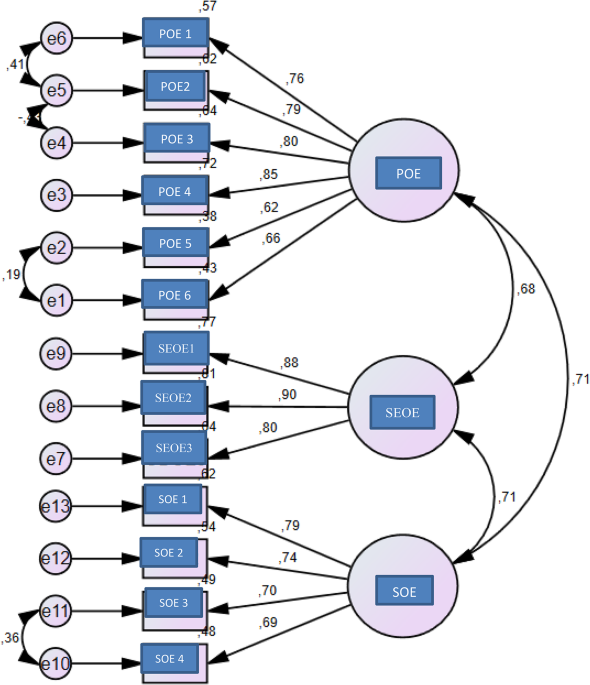Hot Flashes Can Be Triggered by Intense Exercise

If you’re going through menopause and feel like your workouts are aggravating your symptoms, here’s some validation: A new study suggests that spikes in physical activity during the day may contribute to hot flashes.
For the study, scientists examined data on 188 middle-aged women who wore a variety of monitors to objectively measure hot flashes, physical activity, sleep, temperature, and humidity over a 24-hour period. Separately, participants also reported how many hot flashes they experienced.
These abrupt shifts in activity levels could involve an intense change — like sprinting during a jog — but could just as easily involve subtle shifts in activity levels, like getting up from the couch to grab a snack or tossing and turning in your bed at night, says Stephanie Faubion, MD, the director of the Mayo Clinic Center for Women’s Health and the medical director of the Menopause Society.
Benefits of Exercise During Menopause
“I would not recommend that women with hot flashes do anything different with regard to their exercise routines based on this study,” says Dr. Faubion, who wasn’t involved in the research. “Exercise is helpful for so many reasons, including known benefits on stress, mood, heart disease, and cancer risk. It is and should be considered an important component of a healthy lifestyle for all women, including midlife women and those experiencing hot flashes.”
Women go through menopause when they stop menstruating, usually in their forties or fifties. Reduced production of the hormones estrogen and progesterone in the years leading up to menopause and afterward can lead to a wide range of symptoms, including mood swings, joint pain, vaginal dryness, insomnia, memory problems, and hot flashes and night sweats (the last two sometimes referred to as vasomotor symptoms of menopause).
While the study wasn’t designed to prove whether or how abrupt changes in activity levels might directly cause hot flashes or night sweats, it’s likely that shifting hormone levels during menopause play a role, says JoAnn Pinkerton, MD, a professor of obstetrics and gynecology at the University of Virginia Health System in Charlottesville who wasn’t involved in the new study.
“Declining estrogen levels are associated with a narrowing of the temperature zone in the brain,” Dr. Pinkerton says. “When women exercise, the increases in core body temperature in this narrowed temperature zone can lead to sweating or increase the frequency or severity of hot flashes.”
How to Exercise During Menopause
If women feel like their hot flashes are worse right after a workout, the last thing they should do is give up on exercise, Pinkerton says. Instead, they should think about how they can tweak their routine to make themselves more comfortable.
“To avoid worsening of hot flashes, exercise earlier in the day, when it is cooler and less humid, stay adequately hydrated, and cool off with iced washcloths after exercise,” Pinkerton suggests.
Working out indoors with the air-conditioning on can also help, and so can wearing lightweight or moisture-wicking workout clothes, Pinkerton says. Even just keeping a good towel on hand to wipe away sweat during your workouts can make a difference.
One thing to avoid, however, is pushing yourself too hard if you feel like hot flashes are worse after workouts. “Don’t acutely increase the intensity or duration of workouts,” Pinkerton says. “And remember, sweating is a natural process that your body uses to cool itself down.”
Some people also find focusing on workouts that aren’t as sweaty can help minimize hot flashes, says Rebecca Thurston, PhD, a psychiatry professor at the University of Pittsburgh who specializes in women’s health. This could mean taking up swimming, doing less-intense activities like yoga, exercising indoors, or staying in the shade during outdoor workouts.
“What I always say about exercise is the right kind of exercise is the kind you will do consistently,” says Dr. Thurston, who wasn’t involved in the new study. For women going through menopause and struggling with hot flashes, sticking with it matters more than what kind of workout a woman chooses.
“Don’t be discouraged by hot flashes,” Thurston adds. “Just pay attention to which forms of exercise are most enjoyable for you and stick with those.”
link







